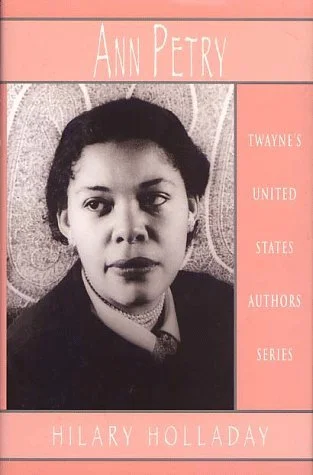
Ann Petry (Twayne’s United States Author Series)
A critical examination of an author who confronted prejudice, betrayal and the shortcomings of the American dream
The fiction of African-American author Ann Petry confronts prejudices of race, sex, and class and marks the ways the American dream haunts, and ultimately mocks, those people who fail to achieve it. Petry calls her characters "the walking wounded." Betrayal, deep-seated anger, and murderous violence recur throughout her three novels.
In this first full-length critical study of Ann Petry's life and writings, Hilary Holladay examines the author's novels as well as Miss Muriel and Other Stories, Petry's collection of short fiction. Holladay's treatments of Petry's second novel, Country Place, and the collection of short stories, one of the first published by an African American woman, fill gaps in existing scholarship by offering detailed readings of these previously underrepresented works. Sophisticated critical analysis of Petry's works and consideration of the cultural and historical context in which the author wrote demonstrate the modernist aesthetic Petry's narratives share with the fiction of William Faulkner and Virginia Woolf and buttress Holladay's arguments for the seminal position of Petry's oeuvre within African-American literature, particularly within the tradition of African American women's writing. Petry’s works contain dynamic portrayals of communities where people's destructive attitudes toward each other shape the neighborhood's overall identity and influence the lives of all its residents, old or young, male or female, prosperous or poor, white or nonwhite.

